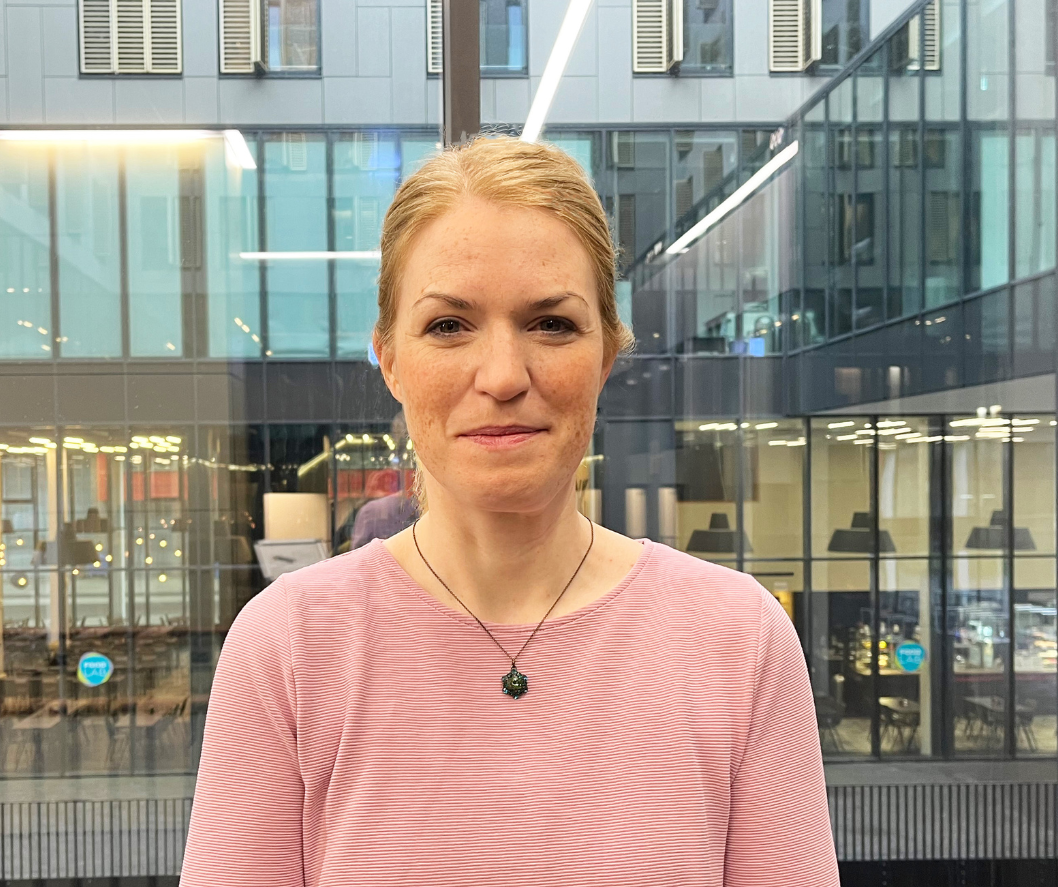Prof. Anja Leist and Dr. Ariane Bertogg from the University of Konstanz have been honored with the Excellence Prize by the European Society of Health and Medical Sociology for their paper, “Gendered Life Courses and Cognitive Functioning in Later Life”. This prestigious award recognizes outstanding contributions in health and medical sociology, celebrating the best paper published in a peer-reviewed journal over the past four years.
“This recognition is a signal that the scientific community appreciates our work on the social determinants of health, that is, the conditions in which we are born, grow, live, work and age” says Anja Leist. Their award-winning paper illustrates how societal attitudes towards women’s roles in employment and family influence cognitive health throughout life, taking into account both men’s and women’s employment and parenting histories.
‟ We appreciate the increasing interest by policymakers and research funders around the world to investigate differences in health and disease with a gender and inequalities perspective”

Associate professor – Department of Social Sciences
In 2019, Anja Leist received a prestigious European Research Council grant to lead the research project CRISP: From Educational Opportunities to Individual Risk Profiles. Several publications originating from this project have highlighted that contextual-level inequalities, such as attitudes towards the role of women and inequality of educational opportunity play a role in shaping the potential to build up and maintain cognitive reserve, which is vital throughout the life course.
This recognition encourages the researchers to further explore social determinants of health, which still hold many unanswered questions about the pathways to healthy and unhealthy ageing and potential intervention strategies. “We appreciate the increasing interest by policymakers and research funders around the world to investigate differences in health and disease with a gender and inequalities perspective”, says Leist.
